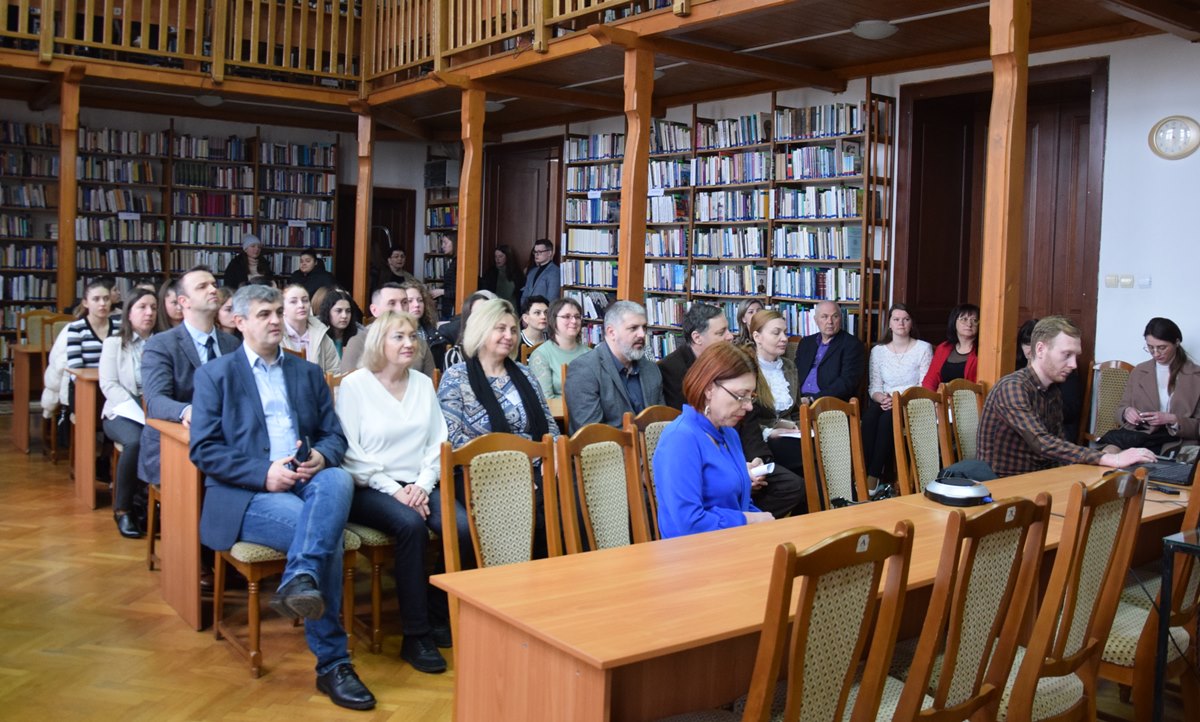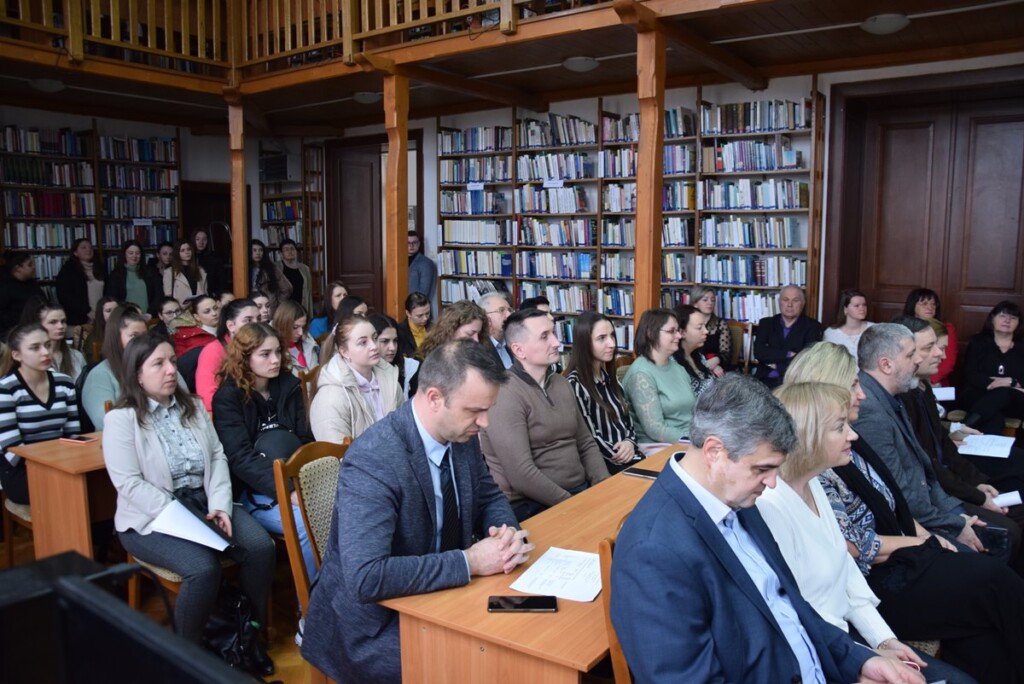International scientific conference at the Rákóczi College
The Department of Pedagogy, Psychology, Teaching, Kindergarten Pedagogy, Education and Institutional Management of Ferenc Rákóczi II Transcarpathian Hungarian College holds an international scientific conference entitled Impact and challenges of crisis situations in education. The conference takes place within the Rákóczi Days event series on 30-31 March.
On the first day of the two-day conference plenary lectures took place and on the second day section lectures were presented.
On the second day of the conference, the participants were greeted by dr. Veronika Varga-Bajusz, Deputy State Secretary for Higher Education of the Ministry of Culture and Innovation (KIM).
“We have all faced gruelling challenges recently. Challenges that have fundamentally rearranged our normal lives, starting with the health crisis caused by the pandemic. At that time, we may not have guessed what difficulties we would face in the future. More than a year ago, the Russian-Ukrainian war began, which has largely defined our lives ever since. At the same time as the outbreak of war, the Hungarian government started organizing humanitarian aid. The care of refugees is still continuous. The Hungarian government bears responsibility for the fate of Hungarians living outside its borders”,
she highlighted.
Marianna Marusinets, the Head of Department of Education and Science at the Transcarpathian Regional State Administration, in her greetings congratulated the conference and made suggestions for further successful cooperation.
After the welcome speeches, the presenters had the opportunity to present their works – Empirical research in pedagogy, Education organization in public and higher education in crisis situations, Digitalisation and innovative technologies in education organization, Education organization and educational innovations in the education of humanities in crisis, Distance learning experiences in crisis situations, Innovation technologies in elementary school, Renewal of the content of teacher training under wartime conditions, Innovation in teaching foreign languages and skills subjects: experiences and solutions, Organisational challenges and methodological solutions in science and environmental education, Diversity and health awareness in crisis situations, The impact of crisis situations (war, pandemic, distance learning) on mental health, The impact of crisis situations on educational history, Students’ research on educational sciences – in 13 sections.
Those interested could gain useful knowledge from renowned professors and doctors of universities in Hungary, Poland, Slovakia and Serbia.
Anita Kurmay
-
This article is also available in
Українська
Magyar


